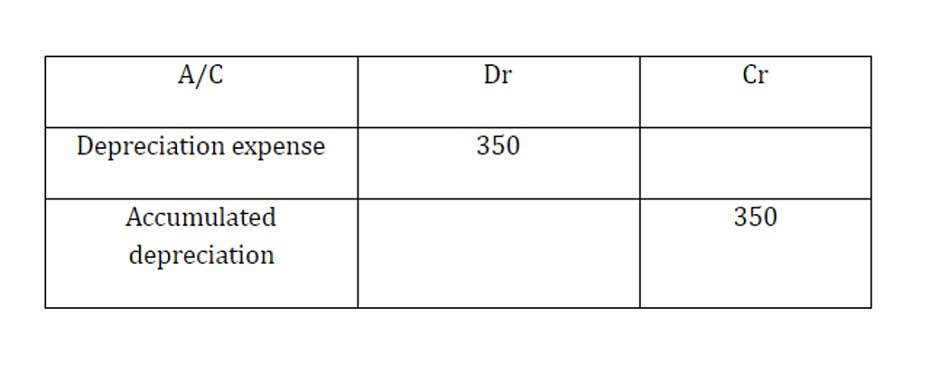
Read on to find out why this statement is important, its components, and how it’s calculated, and to check out an example of one. Stakeholders need accurate, accessible, and timely information to make sound decisions. The statement, which reveals changes in equity over a specified period, gives stakeholders a clear look at how equity is being managed.

This is especially true when dealing with companies that have been in business for many years. By adding each of the columns on the left — excluding the number of shares — the owner’s equity https://www.bookstime.com/articles/how-to-invoice-as-a-freelancer at the beginning of 2020 is $26 million. Both U.S. GAAP and IFRS require companies to include a document that outlines the changes in all equity accounts for greater investor transparency.
Everything You Need To Master Financial Statement Modeling
As for prospective investors, this statement fundamentally serves as an indicator of a company’s net value, helping decipher its attractiveness and viability for investment. It facilitates insights into how efficiently the corporation manages its resources, hence playing a decisive role in investment decisions. Gradual growth in shareholders’ equity can showcase the company’s fiscal stability and resilience, making it a viable choice for investment. On the contrary, a declining equity trend may signal potential red flags, prompting an investor to reconsider their decision. Note that the $95,000 appears as a negative amount because the outflow of cash for capital expenditures has an unfavorable or negative effect on the corporation’s cash balance.
Below is an example screenshot of a financial model where you can see the shareholders equity line completed on the balance sheet. If the statement of shareholder equity increases, the activities the business is pursuing to boost income pay statement of stockholders equity off. If the message of shareholder equity decreases, it may be time to rethink those initiatives. Equity attributable to shareholders was $16.04 billion in 2021, up from $13.45 billion in 2020, according to the company’s balance sheet.
Paid-in Capital
Total assets are the sum of all current and non-current (long-term) balance-sheet assets. Cash, cash equivalents, land, machinery, inventory, accounts receivable, and other assets are examples of assets. Coca-Cola (KO), PepsiCo’s main competitor, also appears to have weathered the storm. As a result, the company’s shareholder equity is expected to be around $23 billion in 2021.

